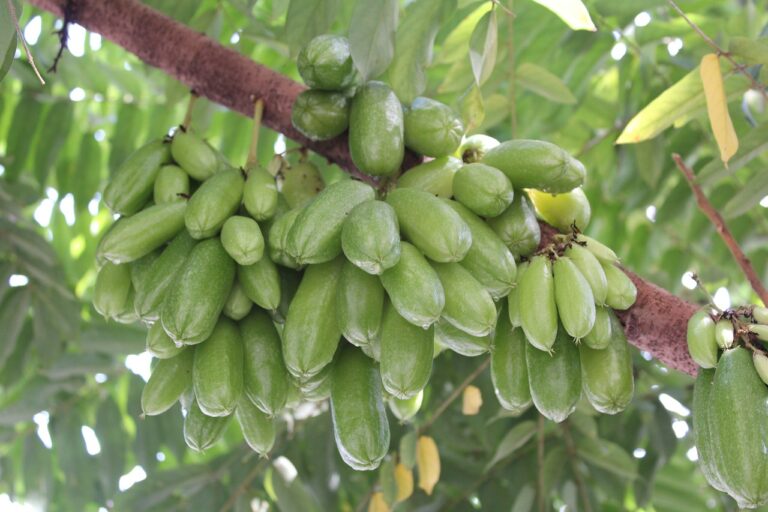Food Industry and Pandemic Preparedness
The food industry faces several challenges during pandemics that significantly impact their operations. One of the main hurdles is ensuring the continuity of the food supply chain while adhering to new health and safety regulations. With disruptions in transportation and logistics, getting food products to consumers becomes more challenging, leading to potential shortages and delays.
Moreover, maintaining the safety and hygiene standards in food processing facilities becomes a critical concern during pandemics. Implementing social distancing measures and enhanced sanitation protocols can be resource-intensive and may require reorganizing workspaces and processes. Ensuring the health of staff members while also meeting increased demand for certain food products poses a complex challenge for the food industry.
Impact of Pandemics on Food Supply Chains
The outbreak of pandemics poses significant challenges to food supply chains worldwide. The disruptions caused by lockdowns, travel restrictions, and border closures have resulted in delays in the transportation of food products across regions. As a consequence, many suppliers and distributors have struggled to meet the demands of consumers, leading to potential shortages and price fluctuations in the market.
Moreover, the shift in consumer behavior during pandemics has also impacted food supply chains. The increased demand for certain products, such as non-perishable goods and essential items, has put a strain on the existing distribution channels. This surge in demand, coupled with the need for safety protocols and social distancing measures in food production and distribution facilities, has further complicated the situation for supply chain management in the food industry.
Strategies for Maintaining Food Safety in Pandemic Situations
During pandemics, ensuring food safety becomes a critical priority for the food industry. One key strategy is to implement strict hygiene practices in all stages of food production, from harvesting to distribution. This includes regular handwashing, sanitizing equipment, and maintaining clean facilities to prevent contamination.
Additionally, it is crucial for food businesses to closely monitor their supply chains and work with suppliers to guarantee the safety of incoming ingredients. By conducting thorough inspections and audits, companies can identify any potential risks and take immediate action to mitigate them. This proactive approach is essential in safeguarding the integrity of the food supply chain during uncertain times.
• Regular handwashing is essential to maintain hygiene in food production
• Sanitizing equipment helps prevent contamination of food products
• Clean facilities are necessary to ensure the safety of food during production and distribution
• Monitoring supply chains and working closely with suppliers can help guarantee the safety of incoming ingredients
• Conducting inspections and audits can help identify potential risks in the supply chain
• Taking immediate action to mitigate any risks is crucial for maintaining food safety during pandemics
What are some challenges faced by the food industry during pandemics?
Some challenges faced by the food industry during pandemics include supply chain disruptions, increased demand for certain products, ensuring the safety of workers, and implementing new safety protocols.
How does a pandemic impact food supply chains?
Pandemics can impact food supply chains by causing disruptions in transportation and distribution, leading to shortages of certain products, delays in deliveries, and increased costs of production.
What are some strategies for maintaining food safety in pandemic situations?
Some strategies for maintaining food safety in pandemic situations include implementing strict hygiene and sanitation practices, conducting regular cleaning and disinfection of facilities, enforcing social distancing measures, providing training for employees on safety protocols, and monitoring the health of workers.







